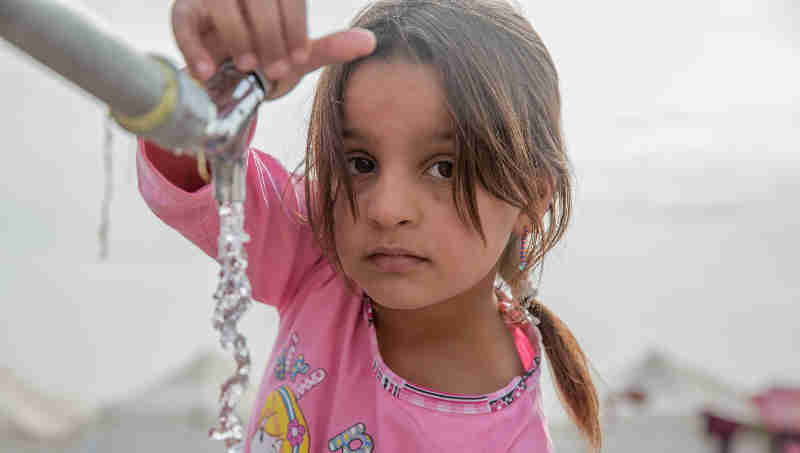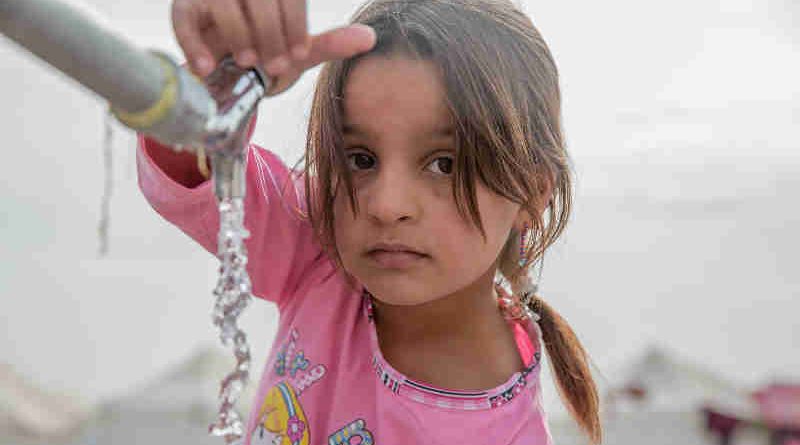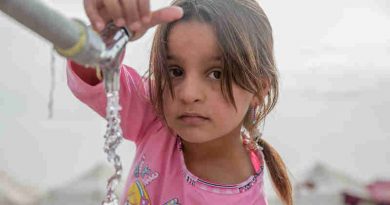40% of the World’s People Affected by Water Scarcity: Report

A panel of 11 Heads of State and a Special Advisor has released a report: Making Every Drop Count: An Agenda for Water Action.
It calls for a fundamental shift in the way the world manages water so that the Sustainable Development Goals (SDGs), particularly Goal 6 on ensuring availability and sustainable management of water and sanitation for all, can be achieved.
According to the report, 40 per cent of the world’s people are being affected by water scarcity. If not addressed, as many as 700 million could be displaced by 2030 in search for water.
More than two billion people are compelled to drink unsafe water and more than 4.5 billion do not have safely managed sanitation services.
The report says women and girls suffer disproportionately when water and sanitation are lacking, affecting health and often restricting work and education opportunities.
Some 80 per cent of wastewater is discharged untreated into the environment and water-related disasters account for 90 per cent of the 1,000 most devastating natural disasters since 1990.
“It is my deep belief that water is a matter of life and death,” UN Secretary-General António Guterres commented upon receiving the report on Wednesday, noting that 60 per cent of human body is water.
He said that water-related natural disasters are occurring more frequently and becoming more and more dangerous everywhere, which means “water is indeed a matter of life and death” and “must be an absolute priority in everything we do.”
In a press release, World Bank Group President Jim Yong Kim stressed that Heads of State and Government make up the panel “because the world can no longer afford to take water for granted.”
“The ecosystems on which life itself is based – our food security, energy sustainability, public health, jobs, cities – are all at risk because of how water is managed today,” he warned.
The panel, created in 2016 for an initial period of two years, is advocating for evidence-based policies and innovative approaches at the global, national and local level to make water management as well as water and sanitation services attractive for investment and more disaster-resilient.




